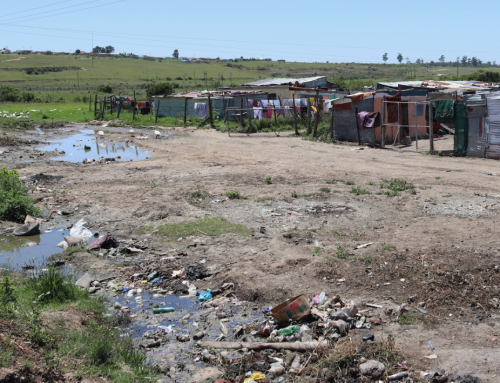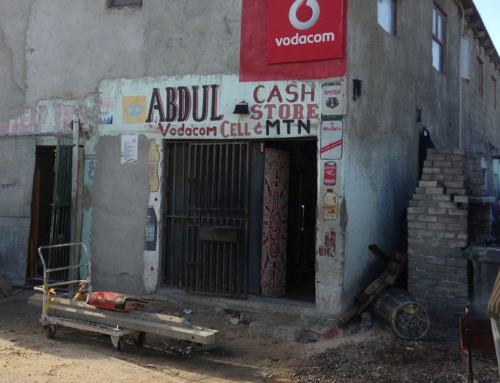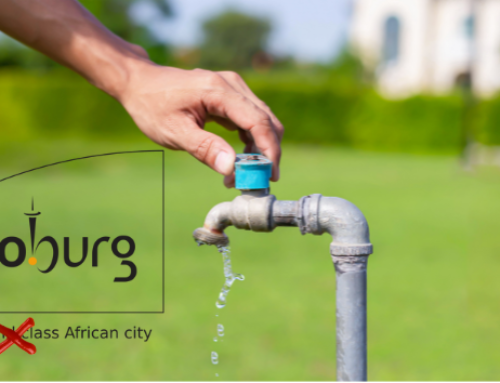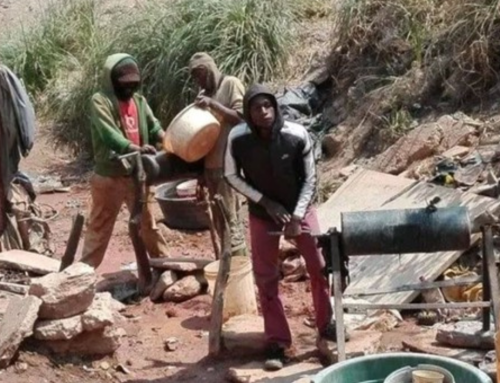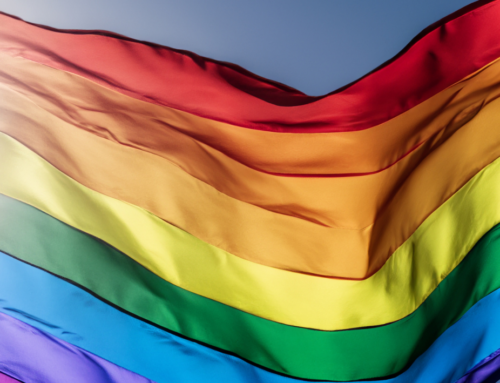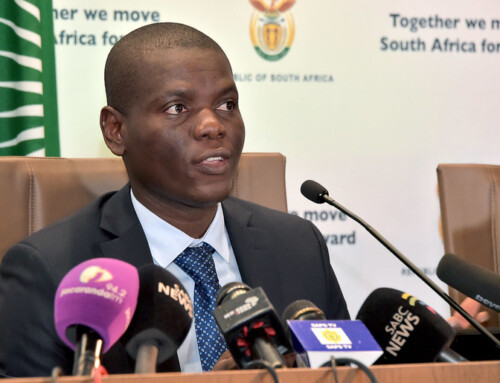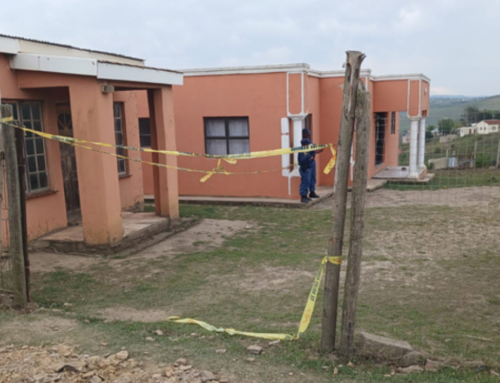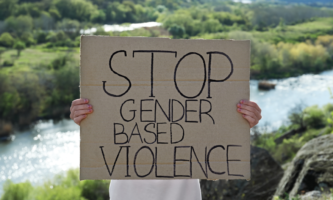 Statement by Zandile Phiri, Acting Secretary General of the United Democratic Movement
Statement by Zandile Phiri, Acting Secretary General of the United Democratic Movement
As we approach Women’s Month, it is imperative that as young women of South Africa, we condemn gender-based violence and femicide (GBVF) in our communities. GBVF in South Africa has multifaceted causes. Some significant causes are the perpetuation of violent behaviours through social norms, substance abuse, and constructions of toxic masculinity. These factors contribute to the normalisation and acceptance of GBV within our homes and communities. It is greatly unsettling that in these past thirty years of democratic leadership, our country has accumulated the highest rates of GBVF worldwide, inclusive of rape, femicide, and domestic abuse.
Recent incidents highlight the ongoing issue of gender-based violence (GBV) in South Africa. In the Eastern Cape, the Ralgane family at iGxulu Administrative Area faced a tragedy where a so-called father and husband allegedly brutally killed his wife and child. In Limpopo, Mpho Mokwele was allegedly stabbed by her boyfriend at Lithuli Park outside Seshego. Dorcas ‘Didi’ Lekganyane was stabbed multiple times at her matrimonial home in Kew, Johannesburg, by her partner. The Northern Cape has seen multiple stabbings, including that of a 20-year-old LGBTQ learner at Roodepan in Kimberley. A 38-year-old woman recently was shot outside her house by a suspect who fled the scene and is yet to be arrested. This incident was followed by the killing of a 39-year-old Kimberley woman, allegedly by her partner, at an informal settlement. Additionally, a Bloemfontein shelter reported an increase in women and children seeking refuge, many of whom are victims of GBV.
It is clear the GBV still pervades the fabric of our society despite the legislative interventions.
The Office of the Public Protector has recently issued a damning report on the support provided to victims of gender-based violence (GBV) by the Departments of Justice and Constitutional Development, Social Development, and the South African Police Services (SAPS).
The Public Protector’s report highlights several issues, including that some of the 38 court buildings are old and dilapidated. Many of these buildings face problems such as inadequate office equipment, malfunctioning telephone lines, switchboards, air conditioners, and persistent network issues. Additionally, the SAPS has been found to delay responding to scenes of domestic violence and providing assistance to victims, citing a lack of vehicles at their respective stations. The Department of Social Development (DSD) has also been criticised for not having enough shelters to accommodate victims of GBV. Key prevention and support programmes implemented by the DSD, such as the Gender-Based Violence Command Centre and Everyday Heroes Programme, are understaffed. Moreover, there is a lack of collaboration between the DSD and SAPS in providing essential support services to GBV victims, including trauma counselling, referrals to shelters, and health services.
The Public Protector’s report had exposed serious weaknesses in this country’s fight against GBV and we call on the Seventh Administration to address these weaknesses with speed.
We, therefore, call for the South African crime prevention and justice systems to, now more than ever, implement dedicated crime prevention and justice units. These units must collaborate closely to root out these ruthless behaviours and establish preventative measures rather than merely offering condolences in the aftermath.
We call for justice for all victims of crime in this County – this Facebook viral video says it all.
#FewerPerpetratorsRights #MoreVictimsRights




